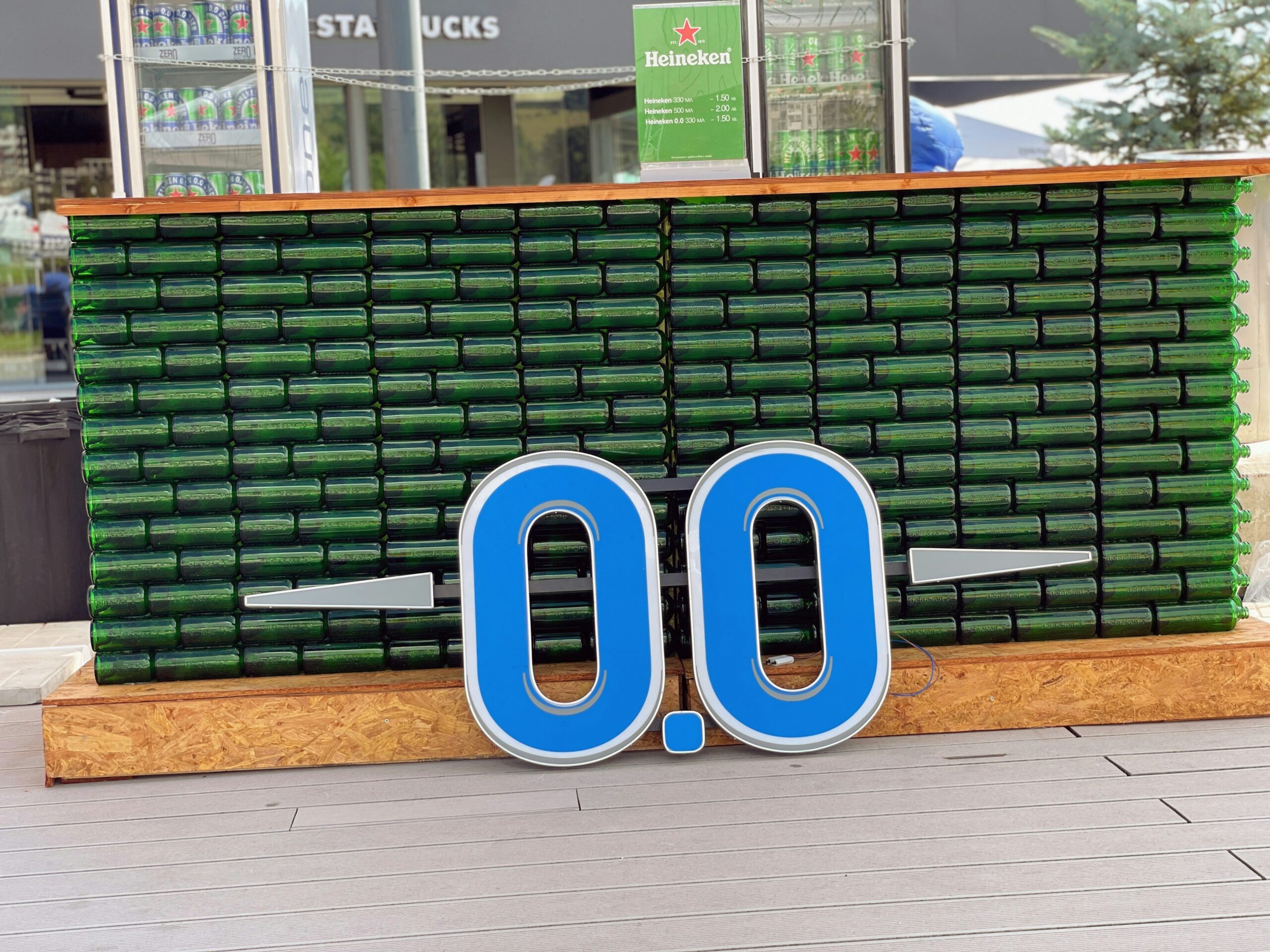Well, does drinking non alcoholic beer break sobriety? Non alcoholic beers don’t contain alcohol, right? The answers to these questions aren’t as straightforward as you’d think, especially if you’re trying to overcome alcohol use disorder or maintain recovery. Is non-alcoholic beer a helpful tool along your sobriety journey, or can it become a slippery slope back to addiction? Let’s take a closer look.
What is Non Alcoholic Beer?
With the likes of Dry January and greater societal awareness of alcohol’s health implications, many people are reaching for non-alcoholic alternatives instead. Among those, non-alcoholic beer is a popular alternative choice, especially for people wanting to curb their drinking habits. But exactly what is non alcoholic beer, anyway?
Alcohol-free and non alcoholic beers are intentionally designed to match the feel, look, and taste of alcoholic beers, explains Drinkaware.co. However, “non-alcoholic” can mean a few different things. Non alcoholic beer may have up to 0.5% ABV, which is the threshold amount of alcohol to still be considered non-alcoholic. Or, some non-alcoholic beer may actually have 0.0% ABV—no alcohol whatsoever—and may often be referred to as “zero alcohol” beer.
Non-alcoholic beer is made the same way as standard beer, with some exceptions. During the brewing process, brewers intentionally remove any alcohol or use non-fermenting ingredients to prevent the amount of alcohol from exceeding 0.5%.
Are There Dangers of Non Alcoholic Beer to Consider?
If you’re in recovery from alcohol addiction, is drinking non-alcoholic beer actually a good idea? Does it make sense to encourage your taste for beer again when it led to your downfall in the first place? For some, the potential dangers of non alcoholic beer outweigh any potential benefits. But what exactly are those dangers to your sobriety?
When it comes to ordering a non alcoholic beer, there are a few factors that may make it more harmful than good. Just being in places where non-alcholic beer is available—a bar, a restaurant, or a party at a friend’s house, for example—may put you in situations you shouldn’t be in post-recovery. Even if you order the non-alcoholic beer option, being around people who are drinking alcoholic beverages may tempt you to join them, derailing your sobriety and causing alcohol relapse.
At the same time, non alcoholic beers may stoke your taste for alcohol, even if they’re 0.5% or 0.0% ABV. Just drinking a beverage that reminds you of alcohol can be an addiction trigger in itself. You may begin to develop alcohol or substance cravings as a result. Or, you may experience euphoric recall, the process of remembering and romanticizing your past drinking episodes. This can quickly spiral into breaking your recovery goals.
The Benefits of Drinking Non-Alcoholic Beer in Recovery
According to a survey by Stanford University, two-thirds of individuals trying to abstain or cut back from drinking found that beverages like non-alcoholic beer helped them to do so. For some people, non-alcoholic beer allows them to participate in social activities with others without feeling the pressure to drink alcohol. Having what appears to be a standard beer in hand makes their abstinence from alcohol less noticeable.
Drinking non-alcoholic beer may also allow you to continue to connect with friends on weekends, over happy hours, or at parties without compromising your sobriety. These settings may be where you interact most often with your community, so continuing to participate may help combat any isolation. And if you truly enjoy the taste of beer, a non-alcoholic version can allow you to still experience that taste in a healthier way.
The Bottom Line: What’s Best for Your Sobriety Journey?
So does drinking non alcoholic beer break sobriety or not? The answer is subjective, as it may break it for some people, but not others. Having a beverage that looks and tastes like beer may be a terrible idea for you right now in your recovery. Alternatively, it may be what you need to hold off any alcohol cravings.
Determining whether non alcoholic beer would break your sobriety depends on your individual recovery. It’s best to reflect on your sobriety goals, addiction cravings, and recovery history. Evaluating whether to drink non-alcoholic beer or not ideally should be done alongside your therapist, recovery sponsor, support group, doctor, or accountability partner (even all of the above). Having others weigh in can give you a more objective view of what’s ideal for your current sobriety journey.
Holistic Alcohol Addiction Treatment in New England
If you’re seeing the warning signs of alcohol addiction, will switching to non-alcoholic beverages alone cure you of your alcoholism? It’s highly unlikely. If you truly want to overcome your alcohol use disorder, it’s best to seek professional treatment. Our Vermont-based holistic treatment centers at Sana at Stowe provide alcohol use disorder treatment personalized to address the root causes of your addiction. Combining trauma-informed care with evidence-based treatment, we can help you achieve lasting healing and long-term recovery. To learn more, contact our team today.


